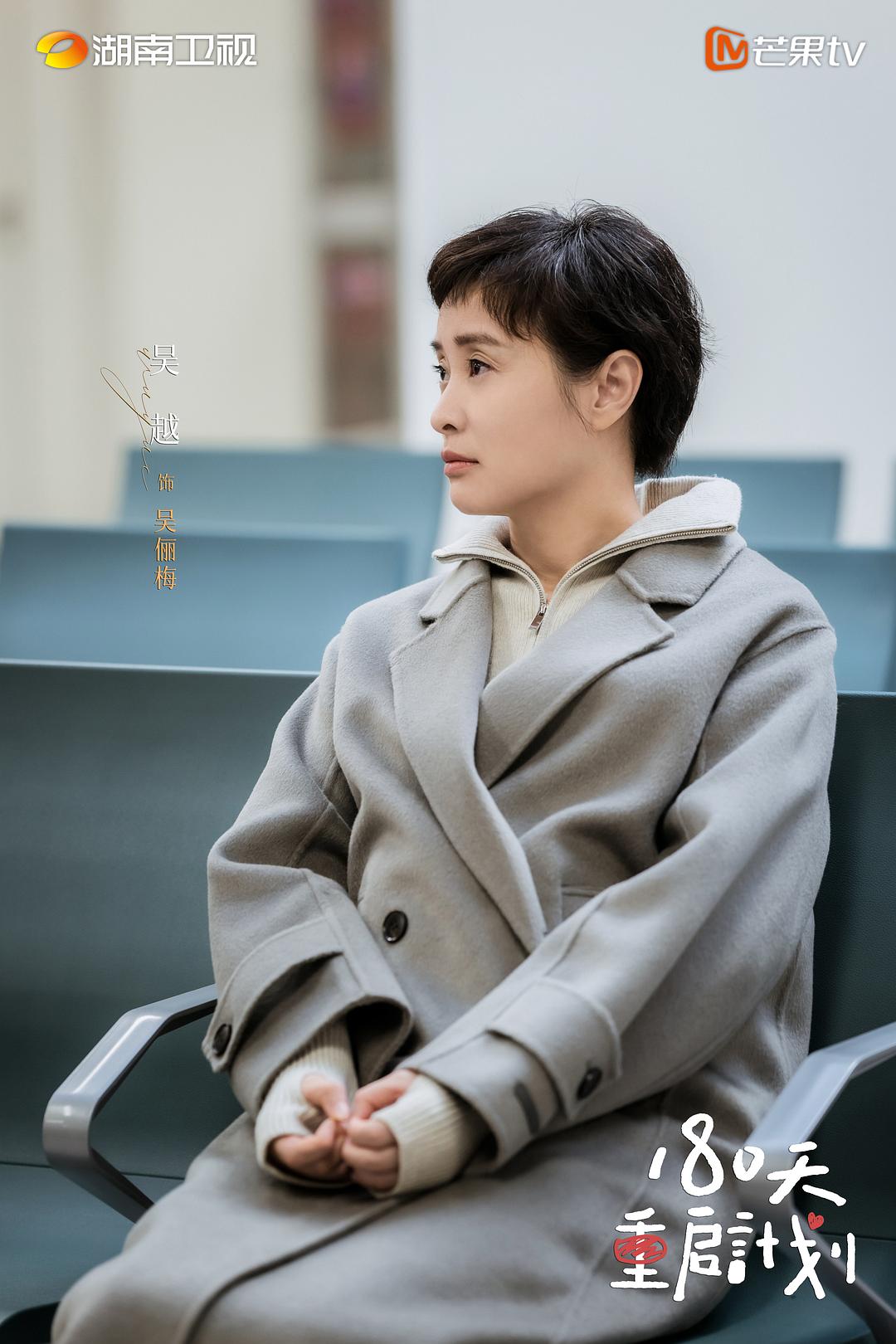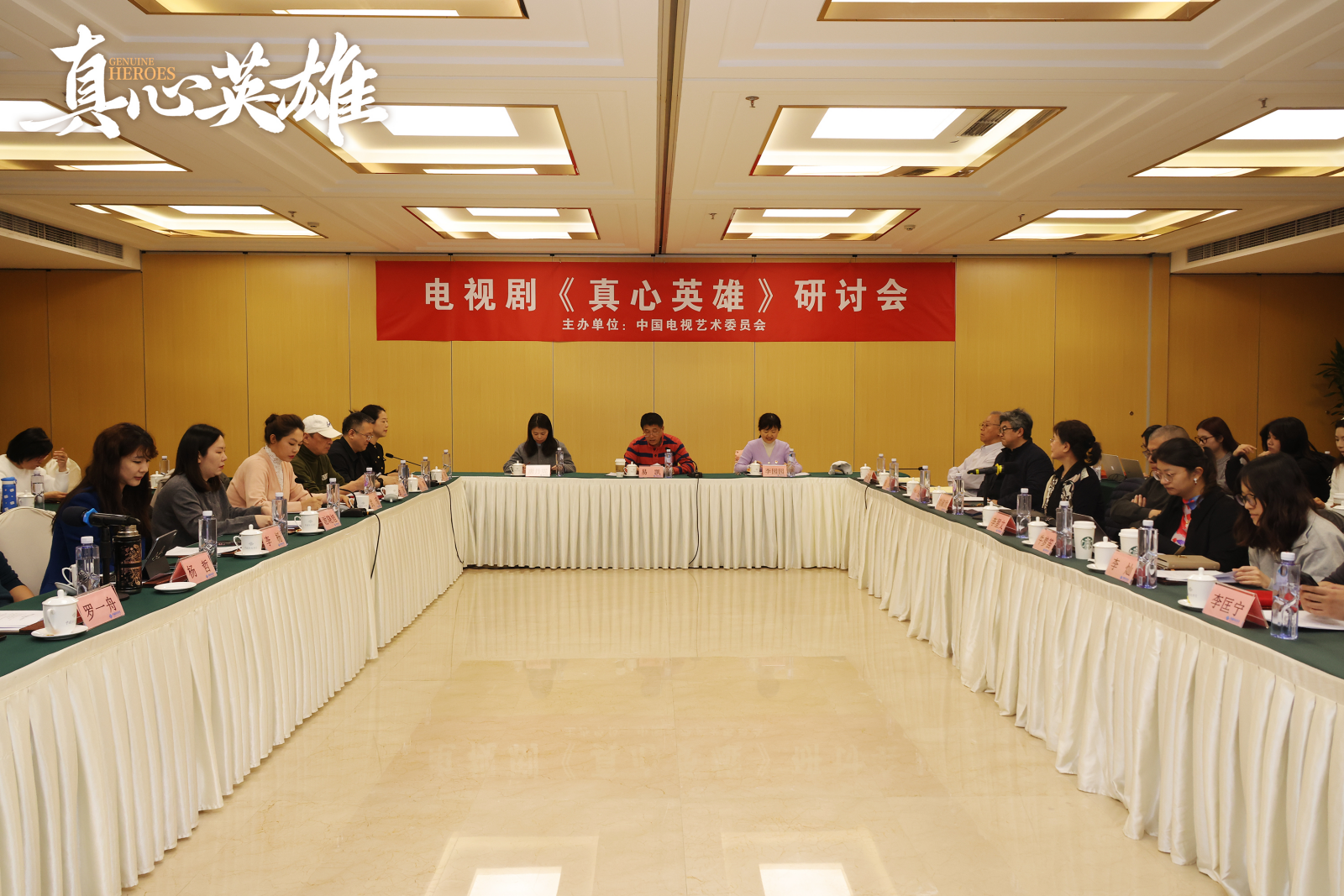
As we have written many times before, when an urban family drama tries to use "top-quality characters" - such as "top-quality mother", "top-quality mother-in-law" and "top-quality husband" - to achieve the purpose of strong plot and strong conflict. , it also requires taking risks: the audience may lose interest in following the drama due to aesthetic fatigue and emotional overdraft of the best characters. The urban family drama "Little Days" starring Chen Xiao and Tong Yao also has "superb characters". Does it have more pros than cons or does the cons outweigh the pros?

"Little Days" poster
At the beginning of the series, mother-in-law Zhang Shanya (played by Sarina) found a stack of hotel room invoices and misunderstood that her daughter-in-law Gu Moli (played by Tong Yao) had cheated on her. She couldn't help but go to Gu Moli's workplace to make a fuss, completely ignoring Gu Moli's conversation with a client. business, and accused Gu Moli of cheating in front of onlookers. Gu Moli didn't cheat on her at all, she just checked into a house with her husband Zhu Jincao (played by Chen Xiao).
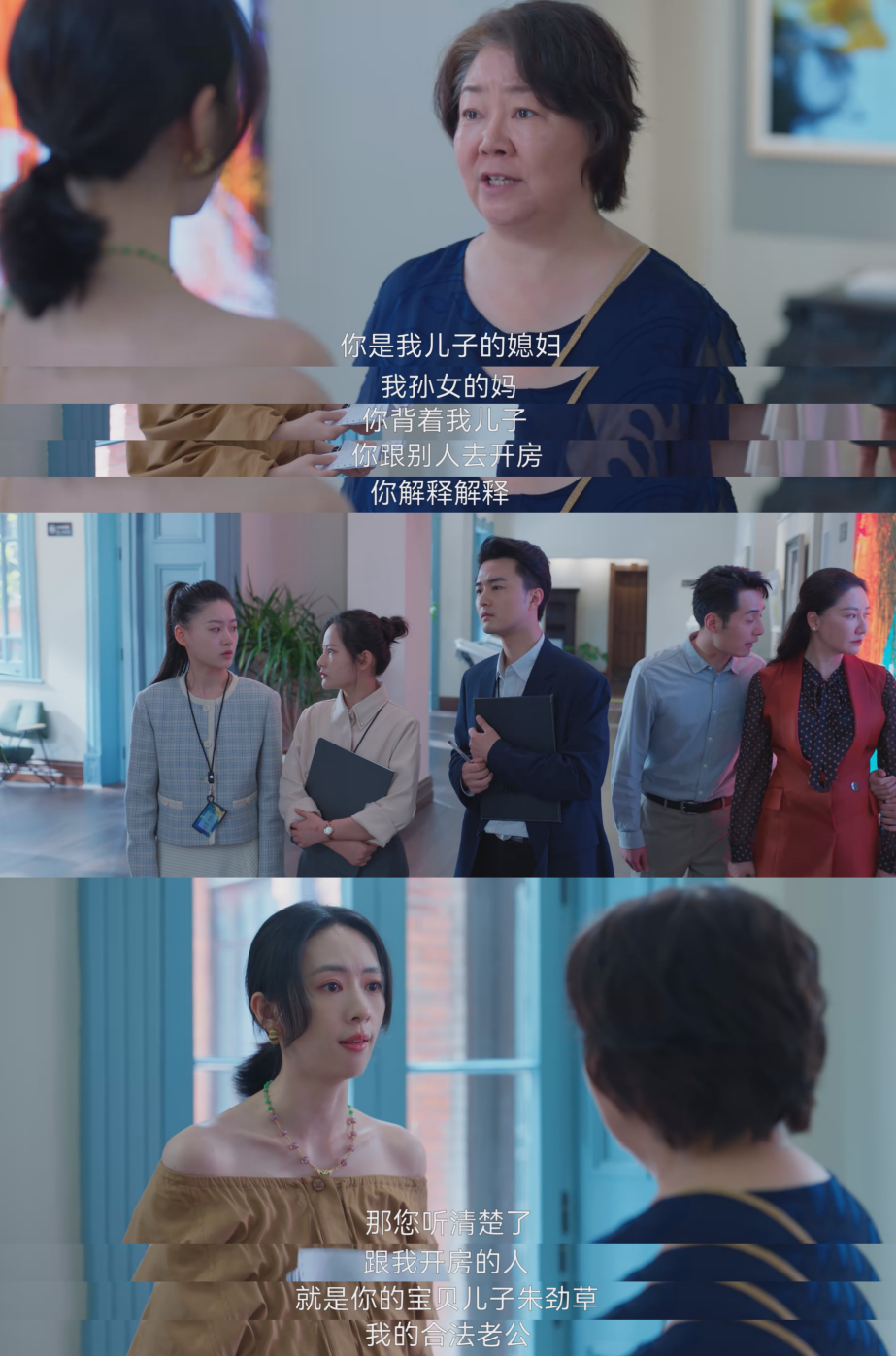
Mother-in-law Zhang Shanya (played by Sarina) embarrasses Gu Moli (played by Tong Yao)
It's such a scene from the beginning, and the audience can easily think of the "battle between mother-in-law and daughter-in-law", a theme that has been performed countless times in family ethics dramas. Zhang Shanya also did some extraordinary things after that, such as following her son and daughter-in-law, "complaining" to Gu Moli's mother about Gu Moli and Zhu Jincao's renting a house, and throwing the bag into the fish soup because she suspected that Gu Moli gave her a fake bag...
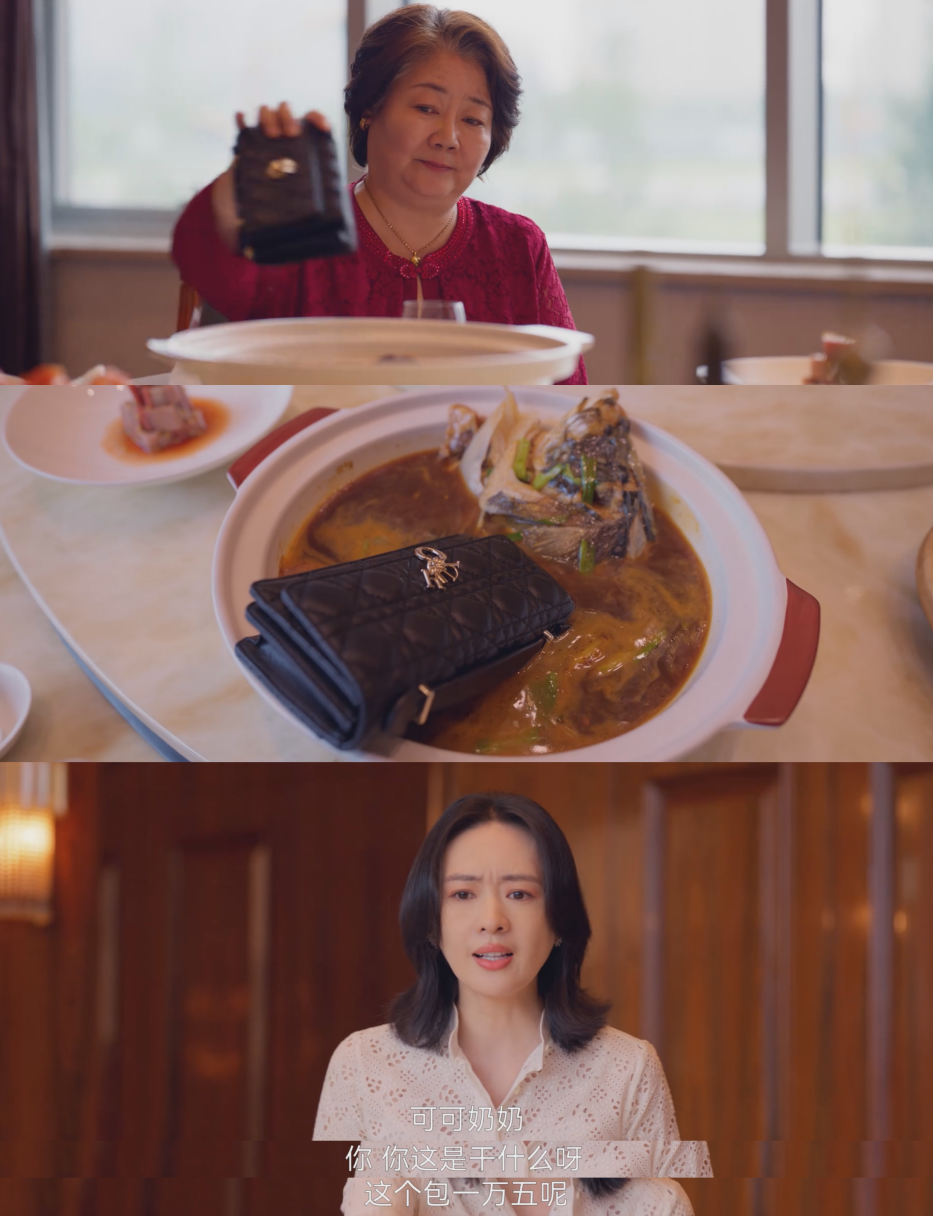
A few days before this episode was aired, the "trailer" was already on the trending search
This is not over yet. Gu Moli's father-in-law Zhu Dali (played by Zhao Jun) is even more "extreme". He is the embodiment of traditional male dominance and sets "house rules" for Gu Moli as soon as he arrives at his son's house.

Gu Moli’s father-in-law Zhu Dali (played by Zhao Jun) is really annoying
As soon as the "extreme in-laws" appear, there is a plot conflict. However, urban family dramas are full of "superb characters" and all kinds of irritating plots, and the audience is tired. Just like an audience member complained in a short comment on Douban, "The plots from more than ten years ago, Dwelling Double-sided Tape, these mother-in-law and daughter-in-law plots were all badly filmed."
Invite Chen Xiao and Tong Yao to co-act in this kind of plot?
For "Little Days", the "superb character design" does more harm than good. Not only does it lack freshness, but more importantly, it itself makes the audience misunderstand it - the characters in the play are not actually as "superior" as those top-notch scenes present, but the top-notch scenes make the characters be labeled as simple and crude. Label.
For example, as the plot progresses, the audience will find that Zhang Shanya is not a vicious or unreasonable mother-in-law. After Gu Moli had a child, Zhang Shanya retired early and came to Shanghai to help take care of the child. She was basically responsible for the housework. Although her mother-in-law was usually busy, she had no major conflicts with Gu Moli. After a dispute, Gu Moli insisted on leaving. At home, Zhu Jincao subconsciously grabbed Gu Moli's hand. Zhang Shanya immediately went to stop Zhu Jincao, "You have a heavy hand, you kid, look at you, she's already scratching her head"...

Except for those top-notch scenes designed to create topics, Zhang Shanya, the mother-in-law, is "normal" most of the time.
If the plot did not force Zhang Shanya to arrange those "extreme" actions, such a generally "normal" mother-in-law would make the plot and the audience's emotions much calmer, and people would not misunderstand that the drama is an old routine of "mother-in-law and daughter-in-law war" . The fact is that later on, Gu Moli also helped Zhang Shanya fight against domestic violence, which was "mother-in-law and daughter-in-law helping each other"...
When thinking of "Small House" from "Little Days", I thought that the young couple had no money to buy a big house, so they were full of conflicts and indulged in extreme behavior. This was also a "misunderstanding" created by the plot.
Before Zhu Jincao got married, in order to make him stand up in front of Gu Moli after getting married, his parents insisted on letting Zhu Jincao buy a house alone without involving Gu Moli's family's money. The house they bought only had Zhu Jincao's name on it. . However, Zhu Jincao's parents have limited financial resources, and the house they bought is only 57 square meters, which is suitable for the young couple to live in after they get married. After they have children, their mother-in-law comes to help take care of the children. It is inconvenient for the four people to live together. Zhu Jincao and Gu Moli's bedrooms are separated. The space is limited and they can only have bunk beds. The couple share a room but cannot sleep on the same bed. To get a room, they have to go to the hotel, which costs 800 yuan for two hours.
The audience may find it difficult to understand intuitively: I live in a small house, but I drive a Cadillac, and I am willing to go to a hotel to buy a room for 800 yuan. Is it reasonable?
Judging from Gu Moli's character, it makes sense to spend money lavishly while "living in a small house". Although Gu Moli is not a native of Shanghai, she is the "only daughter of Jiangsu, Zhejiang and Shanghai" that was hotly discussed in the media some time ago: an only daughter from a wealthy family in Jiangsu, Zhejiang and Shanghai, who is pampered by her parents and has no financial worries at all. For example, after marriage, Gu Moli wanted to buy a bigger house, and her mother gave her 2.6 million yuan without saying anything. As soon as Gu Moli got divorced, her parents immediately took her to live in the big house they secretly bought for Gu Moli in Shanghai... Gu Jasmine once told her best friend that her bank card deposit had never exceeded 50,000 yuan. Her best friend hit the nail on the head, "That's because you have a strong natal family."
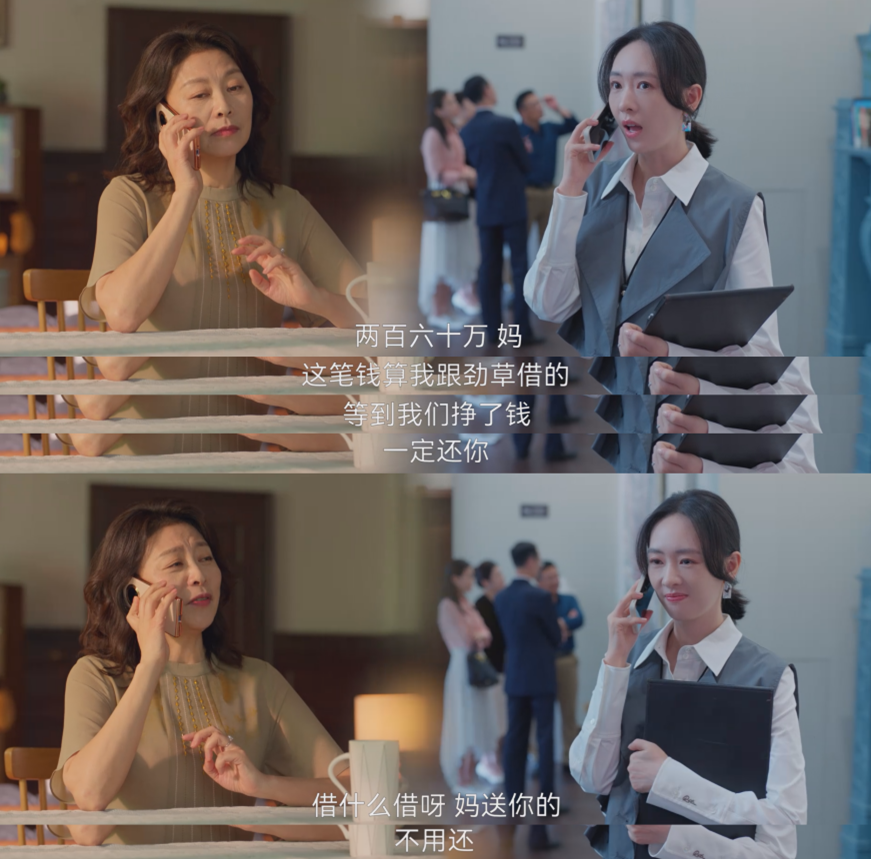
Gu Moli is the legendary "only daughter in Jiangsu, Zhejiang and Shanghai"
In short, the core of "Little Days" is not that "the best in-laws" cause "the mother-in-law and daughter-in-law war", or that the poor couple suffers from everything and their "dwelling" triggers the "mother-in-law and daughter-in-law conflict"... Unfortunately, in the first few episodes of the plot, the "best characters" "The "head start" can easily cause misunderstandings among the audience.
So, what issues does "Little Days" explore?
The biggest difference from other urban family dramas is that Zhu Jincao in "Little Days" is a man who accounts for more than 90% of Chinese men (perhaps a higher proportion). He is not the useless husband in the previous "Battle between Mother-in-law and Daughter-in-law" plot—— Retaining the legacy of traditional male dominance, harmony, inaction, and mommy's boy, on the contrary, he almost always sides with Gu Moli, understands his wife's difficulties, and tries his best to make her happy.

Zhu Jincao (played by Chen Xiao)
For example, the hotel room opening incident caused a series of turmoil. Zhu Jincao proposed to his mother that the couple would take care of the children by themselves and let her return to her hometown; when Gu Moli's parents proposed to sponsor the purchase of a house, the condition was that Zhu Jincao must sign to give up the property rights, and Zhu Jincao signed without saying a word. ; When his father accused Zhu Jincao of blindly protecting Gu Moli, Zhu Jincao said confidently: "She is my wife, can I not protect her?"

Zhu Jincao is better than most men, so Gu Moli is willing to "marry"
Zhu Jincao is not a "scumbag". Moreover, during the marriage, the relationship between Zhu Jincao and Gu Moli did not dilute due to problems with their parents. They have always loved each other deeply. Zhu Jincao often expressed her love to Gu Moli, and Gu Moli did the same. She repeatedly emphasized that she loved Zhu Jincao, and marrying Zhu Jincao was the most correct decision she had ever made in her life.
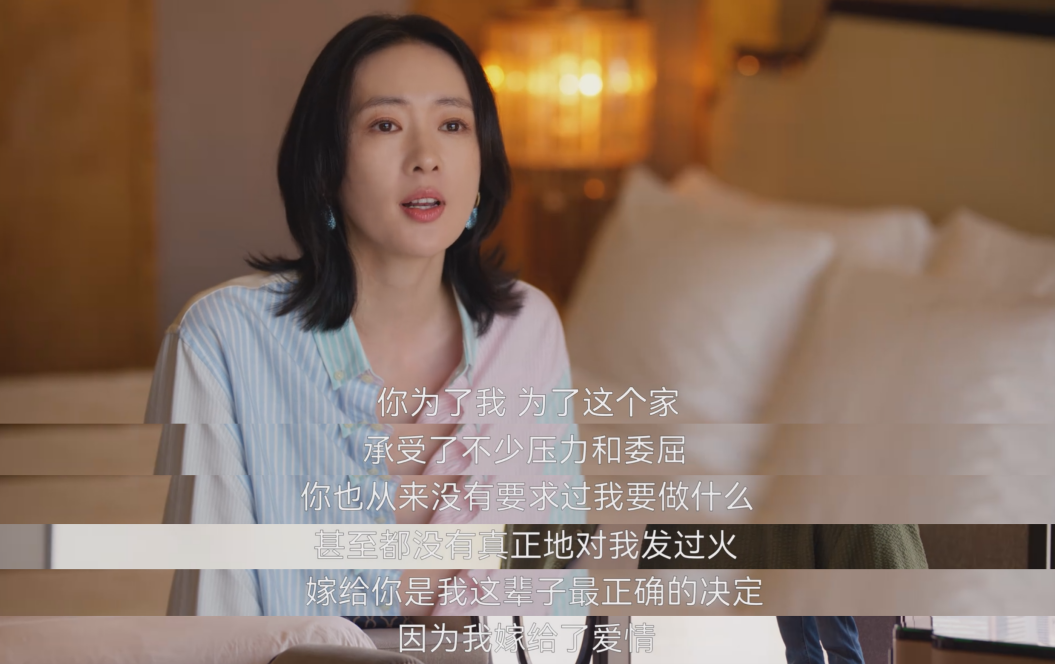
Gu Moli really loves Zhu Jincao
This leads to the core theme of "Little Days". What it wants to explore is: when marriage is not only the union of two people, but also the union of two families. If two people love each other deeply, but there are constant conflicts between the two families, should they still maintain the marriage? How to find the way to reconciliation?
From this perspective, "Little Days" is quite thankless. In the current era of individual liberation, the rise of feminism, and the popularity of cool drama thinking, many viewers want solutions to cool dramas: they cannot tolerate any grievances, stay safe without marriage and children, and divorce immediately if there is something inappropriate in their married life. Compared with how to resolve conflicts, Shuangju directly eliminates them.
"Little Days" obviously also hopes to attract some viewers through the logic of a cool drama. The entry on the hot search is "Tong Yao played the heroine of the cool novel in my dream". The reason is: after several conflicts with her parents-in-law, Gu Moli directly chose to divorce; her husband became her boyfriend, with love and tenderness, and The conflict with her parents-in-law is gone; after the divorce, her parents gave Gu Moli a big house; Gu Moli's career has also made new progress...
But wait. Gu Moli did not really want to divorce. Her divorce was a "strategic divorce." Her inner monologue was: "When your life is in a deadlock, your family conflicts cannot be reconciled, and the relationship between husband and wife is constantly being demanded, kidnapped, and coerced. At that time, maybe the relationship between the characters has changed, and the conflict may be resolved. Does this method work? I want to try it."
Therefore, the focus of the follow-up plot is not that Gu Moli becomes a "shuangwen heroine" after the divorce, but how she and Zhu Jincao face the various tests after the divorce (such as both of them having new suitors) and how to resolve the two. The conflict between the two families eventually remarried and led a sweet and peaceful "little life".
Therefore, some drama critics, such as "@ Jupiter falls outside the orbit", believe that to say that Gu Moli "is the Wang Baochuan of the new era is to belittle Wang Baochuan." The husband's family was wary of buying a house before marriage. After the marriage, the mother-in-law went to Gu Moli's workplace indiscriminately and made a fuss. When the father-in-law came, he acted like a feudal patriarch and "taught him". Both parents were already in trouble because of the accumulation of various conflicts... …
It's all like this. Gu Moli still keeps saying that she loves Zhu Jincao. Even the divorce is a strategic divorce, just to be with Zhu Jincao better. After the divorce, she even engages in "female competition" for Zhu Jincao (plot) Therefore, it amplifies the scheming of the "third party" played by Wang Yuanke, which can be called a failure)... How is this different from "Wang Baochuan" that has become an Internet buzzword?
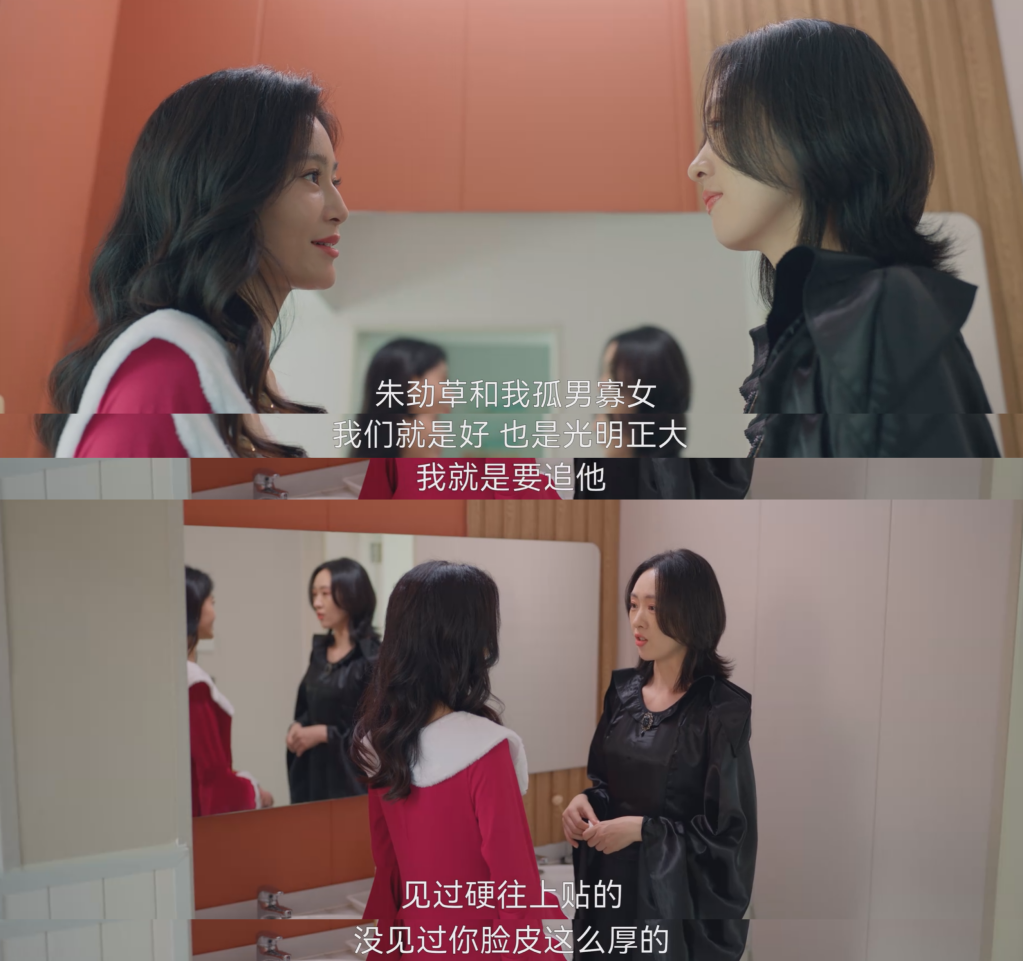
Two women even fought over Zhu Jincao
In the prototype, Wang Baochuan is the daughter of the prime minister, who insists on marrying a poor boy Xue Pinggui despite family opposition. Later, when Xue Pinggui went to war, Wang Baochuan stayed alone in the cold kiln for eighteen years, making a living by digging wild vegetables. In traditional culture, people praise Wang Baochuan and this spirit of persistence, loyalty and sacrifice for love.
In the modern perspective, with the rise of individualism and feminism, young people are questioning the concept of love that excessively sacrifices the self and relies entirely on others. They no longer blindly pursue romantic love stories, but pay more attention to independence, self and personality development. At the same time, contemporary young people are facing various pressures such as employment, housing prices, education, etc. They treat love and marriage more cautiously, pursuing relationships of equality, mutual benefit, and mutual growth, rather than one-way sacrifice and dedication.
It is understandable that young audiences are wary of "contemporary Wang Baochuan". However, when a woman enters a marriage, is the only solution to become a "splendid heroine"? Like Gu Moli, is it wrong to try to resolve family conflicts because she and her husband are still in love? Should he be ridiculed and ridiculed as "contemporary Wang Baochuan"?
So I say that "Little Days" is thankless. It knows that there are tigers in the mountains and prefers to go there. It does not allow Gu Moli to truly become a "shuangwen heroine" and eliminate conflicts, but allows her to try to "resolve conflicts." "And protect the family.
Reality is not a drama. Most of the conflicts in life are not eliminated by simply saying they are gone. Divorce is not the end of the world. A woman who says "I don't want love" is more free and easy than "I am attached to love". Nor is a woman with her husband. Being in love, having conflicts with parents-in-law but not getting divorced, or making appropriate compromises is "unfeminist"... Feminism advocates that women have equal rights and encourages women to fight for their rights and dignity. This does not mean that women must be equal in all situations. Show a tough and confrontational attitude. As long as women's choices are made based on free will and the principle of equality, they should be respected.
Although men like Zhu Jincao in "Little Days" are rare in real life, and the final appeal of the series is to emphasize the value of family, at least within the context of the plot, don't rush to ridicule and oppose Gu Moli's choices. If the plot can really provide ideas for "resolving conflicts" (perhaps communication, understanding, mutual trust or fair negotiation), it will surely be able to give real help to many women. They are not "shuangwen heroines" or "contemporary Wang Baochuan", they are just ordinary women who are truly exposed to the dilemmas of life.
